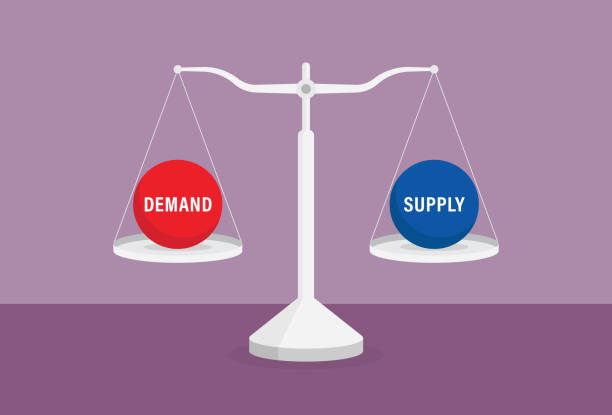Economic Concepts 101: Unveiling the Top 5 Pillars of Economic Understanding
Demystifying the Fundamentals of Economics for Everyday Decisions and Global Comprehension

Understanding Economics: Exposing the Main Economic Concepts
In general, economics is the study of how individuals, groups, and governments decide how to produce and distribute resources. Even still, the topic is occasionally regarded as dangerous and challenging. It is possible for us to navigate financial settings, make educated decisions, and understand the intricate dynamics of the global economy by gaining a fundamental understanding of economic principles.
1. Supply and Demand: The Powerhouses of the Market

The relationship between supply and demand is the fundamental concept of economics. The ability and willingness of consumers to purchase products or services is known as demand, whereas the quantity of those goods or services that are available for purchase is known as supply. The interaction of these two factors determines the market price, ensuring that
2. Scarcity: The Problem of Limitless Needs and Unending Resources
The basic economic issue of scarcity results from the underlying tension that exists between the finite resources and the limitless desires of humankind. Because of this shortage, the most satisfying results require decision-making, setting priorities for demands, and allocating resources as efficiently as possible.
3. Opportunity Cost: Every Decision Has an Invisible Cost
Opportunity cost is the value of giving up the next best option while making a decision; it is a concept that is frequently ignored. It serves as a reminder that there are trade-offs involved in every decision and that the greatest option is not always the most evident. It's the invisible cost of all choices.
4. Incentives: The Economic Behavior's Motivational Engine
Economic conduct is mostly driven by incentives, which are rewards or punishments that compel people to take action. Recognizing the impact of incentives
5. Economic Systems: Varieties of Methods for Arrangement of Economic Activity
The various methods that civilizations set up and oversee their financial resources are collectively referred to as economic systems. Common economic systems include mixed economies, which combine aspects of both capitalism and socialism. Capitalism emphasizes private ownership and market forces. Socialism emphasizes community ownership and public control.
These five ideas serve as the cornerstone of economic knowledge, offering a framework for understanding intricate economic phenomena and assisting in the making of wise judgments in a constantly changing financial environment. Understanding these core ideas is crucial for navigating the complex world of economics, whether one is a government policymaker, a firm managing market dynamics, or an individual creating household budgets.












































































































































































































